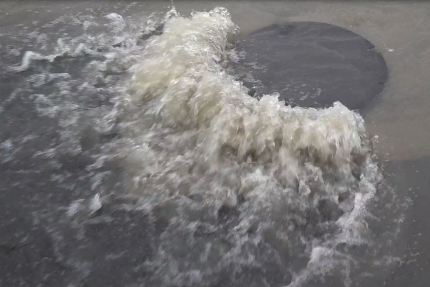Hurricanes Harvey and Irma have brought catastrophic flooding to parts of Florida and Texas, and the storm surge has affected other areas such as Charleston, South Carolina where high tides hit almost 10 feet on September 11th, about 3 feet above flood stage. Flooding is everywhere in the news.

Some water losses are not excluded in typical homeowners policies
What happens when you have a flood – particularly in areas not typically prone to flooding? Do you have coverage under your homeowner’s insurance policy?
Probably not. The typical homeowner’s policy excludes damage caused by what we typically consider to be a “flood”. This includes water pushed over the land by waves or tides. But flood insurance is available through the National Flood Insurance Program (“NFIP”). There is a wealth of information available here. Unfortunately, not many affected homeowners are enrolled in NFIP.
Does this mean that if you suffer a water-related loss that you are automatically out of luck? Not necessarily. There may be many situations where damage that is covered by your policy occurs at or around the same time as the flood damage occurs, and it is necessary to carefully analyze the language in your policy to determine whether and under what circumstances there may be coverage for your water-related loss. And, if the policy is unclear, that can benefit you as the policyholder. For example, in Indiana, the law clear that ambiguities in insurance contracts are resolved in favor of the insured. See Erie Ins. Exch. v. Sams, 20 N.E.3d 182, 187 (Ind. Ct. App. 2014) (citing Meridian Mut. Ins. Co. v. Auto-Owners Ins. Co., 698 N.E.2d 770, 773 (Ind. 1998)). This is particularly true with unclear provisions that limit or exclude coverage. Id. Where provisions limiting coverage are not clearly and plainly expressed, the policy will be construed most favorably to the insured. Id. This strict construal against the insurer is driven by the fact that the insurer drafts the policy and foists its terms upon the customer. Am. States Ins. Co. v. Kiger, 662 N.E.2d 945, 947 (Ind. 1996), reh’g denied. (quoting American Economy Ins. Co. v. Liggett, 426 N.E.2d 136, 142 (Ind. Ct. App. 1981)).
The bottom line is this: If you have suffered a water-related loss, it may be important to seek a legal interpretation of your policy before communicating with the insurance company.
